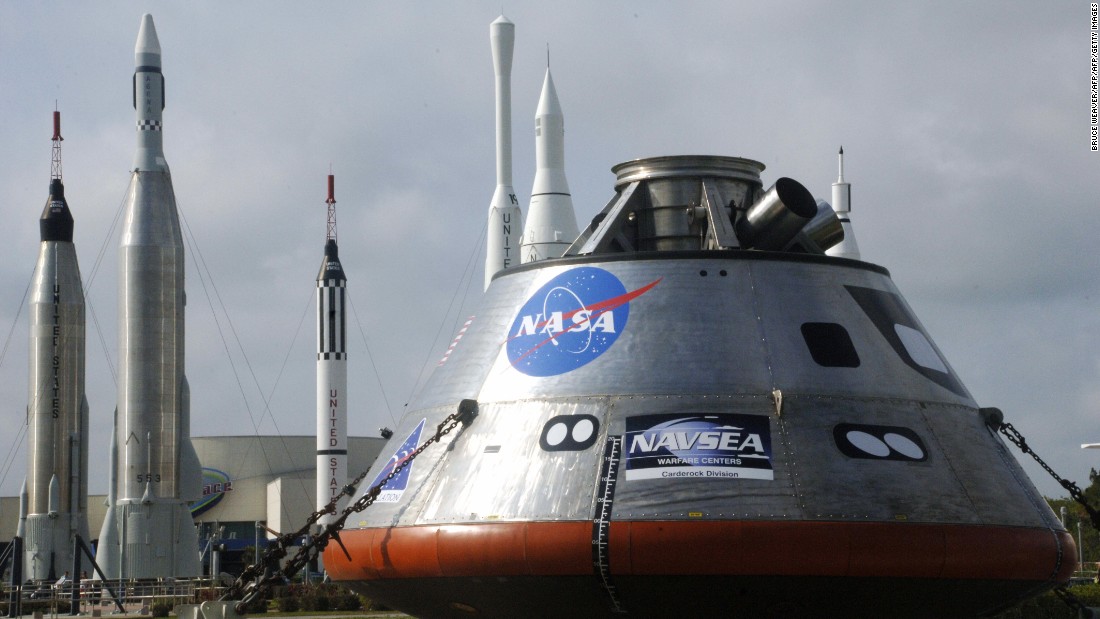
[ad_1]
A new NASA-funded study reveals that exposure to space radiation on long trips, like a voyage to Mars, could permanently harm astronauts’ intestines and lead to stomach and colon cancer.
After long exposures to a low dose of galactic radiation, mice had permanent damage to their gastrointestinal tracts and could no longer absorb nutrients in food. The mice also developed cancerous growths in their intestines — raising concerns that astronauts who venture far into space would face the same deadly health issues.
“While short trips, like the times astronauts traveled to the moon, may not expose them to this level of damage, the real concern is lasting injury from a long trip,” said Kamal Datta, head of Georgetown’s NASA Specialized Center of Research, in a press release.
The researchers say a big concern is that no medicines have been developed yet to reverse permanent organ damage caused by radiation. And preventing the radiation exposure in the first place is also difficult. Think of those blankets that doctors use to shield patients from X-rays — there is no equivalent technology to protect astronauts in space.
“We have documented the effects of deep space radiation on some vital organs, but we believe that similar damage responses may occur in many (other) organs,” Datta said. “It is important to understand these effects in advance so we can do everything we can to protect our future space travelers.”
Source link
